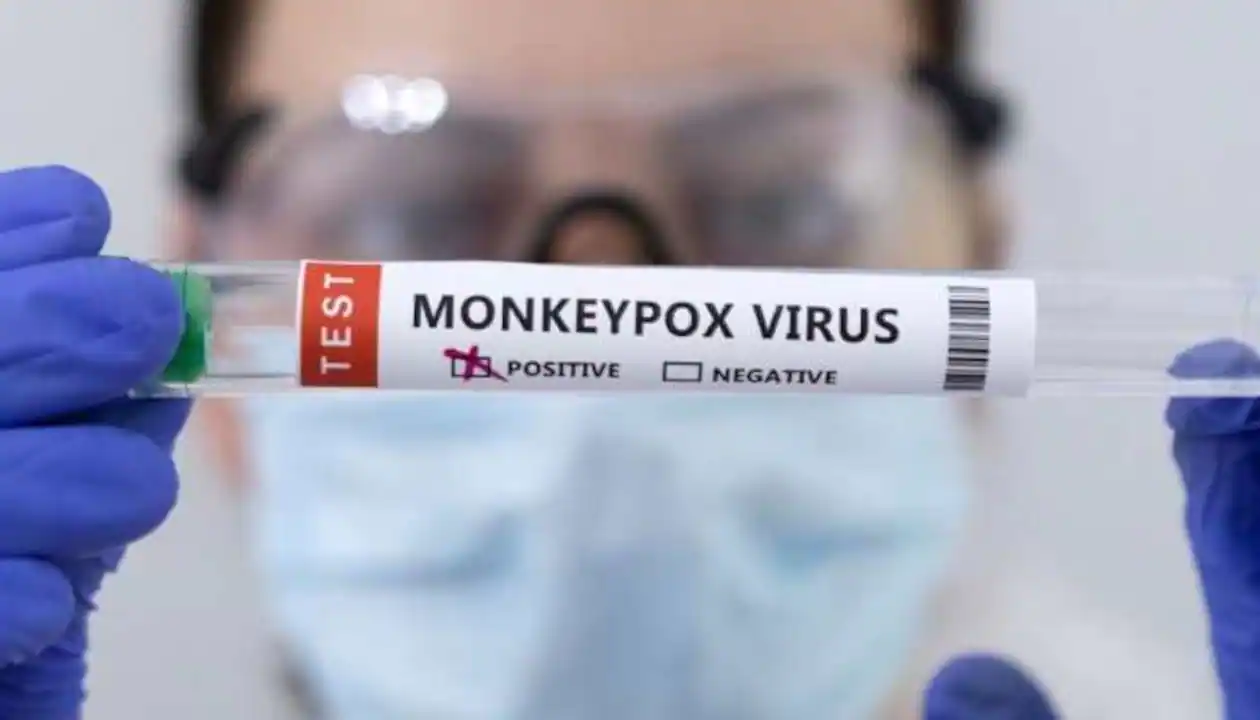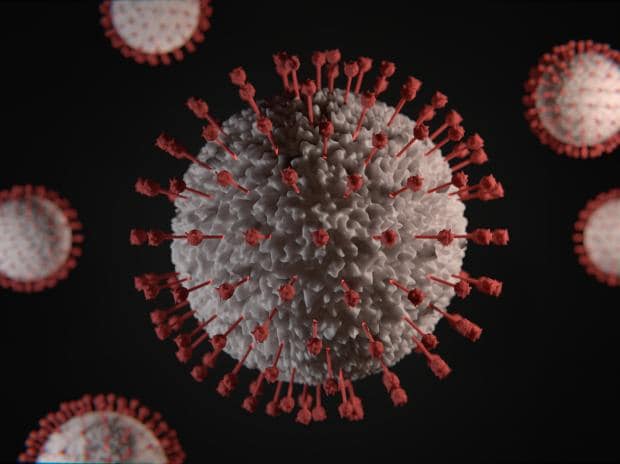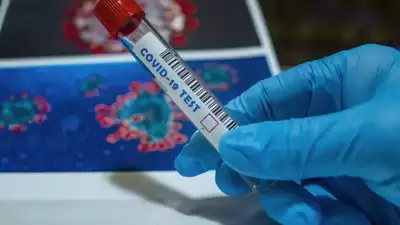
Thiruvananthapuram, July 14 (BPNS)
The country’s first case of monkeypox was detected in Kerala’s Kollam district on Thursday. It was in a UAE returnee who arrived in the state on July 12, that the disease was confirmed. The Kollam native is currently under treatment at Thiruvananthapuram Government Medical College Hospital (GMCH). The health department said that 11 persons were identified – including the patient’s parents, auto/taxi drivers, and others – having close contact with him and they were put under isolation. Meanwhile, the union health ministry has rushed a high-level multi-disciplinary team to the state for monitoring the situation. According to Chief Minister Pinarayi Vijayan, though the situation is not alarming, people must exercise caution.
“The patient had arrived at the Thiruvananthapuram international airport. From there he goes to his native place at Kollam. Upon having symptoms he sought treatment at a private hospital in Kollam and was later referred to the GMCH. The sample was collected and sent to the National Institute of Virology in Pune for confirmation and now the result came as positive,” said Veena George, health minister.
Monkeypox is a viral zoonosis (a virus transmitted to humans from animals) with symptoms similar to those seen in the past in smallpox patients, although it is clinically less severe.
According to the World Health Organization, with the eradication of smallpox in 1980 and the subsequent cessation of smallpox vaccination, monkeypox has emerged as the most important orthopoxvirus (a genus of DNA viruses that infect humans and animals) for public health. Monkeypox primarily occurs in central and west Africa, often in proximity to tropical rainforests, and has been increasingly appearing in urban areas. Animal hosts include a range of rodents and non-human primates.
Monkeypox virus was first discovered in 1958 in colonies of monkeys kept for research, hence the name ‘monkeypox.’ The first human case of monkeypox was reported in the Democratic Republic of the Congo in 1970.
The health ministry in a guideline released in May said that the incubation period (interval from infection to onset of symptoms) of monkeypox is usually from 6 to 13 days but can range from 5 to 21 days. It also cited two modes of transmission – human to human transmission and animal to human transmission.
In the first case, transmission is known to occur primarily through large respiratory droplets generally requiring prolonged close contact. It can also be transmitted through direct contact with body fluids or lesion material, and indirect contact with lesion material, such as through contaminated clothing or linens of an infected person.
In the latter, the transmission may occur by bite or scratch of infected animals like small mammals including rodents (rats, squirrels) and non-human primates (monkeys, apes), or through bush meat preparation.
If a person has a travel history to affected countries within the last 21 days and presents with an unexplained acute rash and one or more of the signs or symptoms including swollen lymph nodes, fever, headache, body aches, and profound weakness, it is listed as a suspected case.
A case that is laboratory confirmed for monkeypox virus (by detection of unique sequences of viral DNA either by polymerase chain reaction (PCR) and/or sequencing) is categorized as a confirmed case.
Those who had contact with the suspected case/confirmed case are considered probable cases.
According to the state health department, upon suspicion that the person is having monkeypox, it implemented the surveillance strategy including rapidly identifying the case and probable clusters of infections and the sources of infections.
“The case was isolated to prevent further transmission. The patient’s contacts were also isolated. All are being provided with optimal care. Also, adequate measures were taken to protect the health workers who are treating/caring for them. Effective control and preventive measures based on the identified routes of transmission are also ensured,” said an officer of the health department.
At the same time, the high-level team from the Centre includes experts drawn from National Centre for Disease Control, RML Hospital New Delhi, and senior officials from the ministry and regional office.
“The team will work closely with the state health department and take a stock of the on-ground situation and recommend necessary public health interventions,” reads an excerpt from the release of the ministry.









